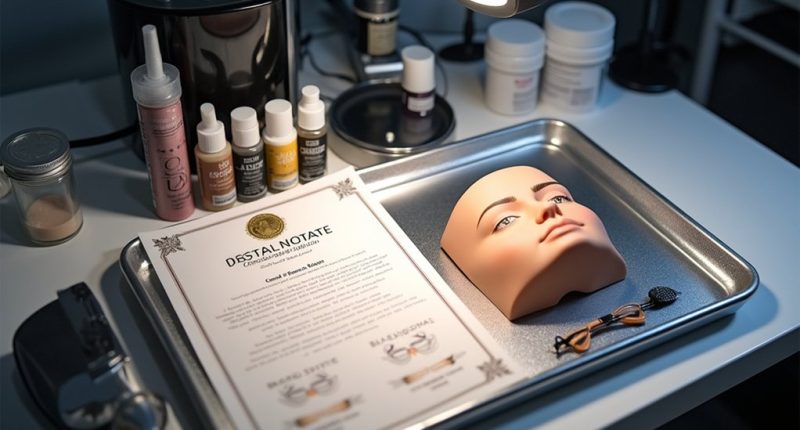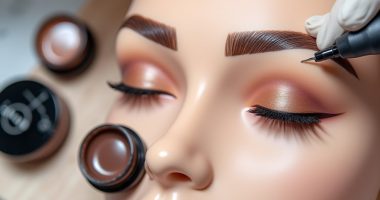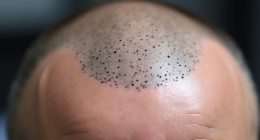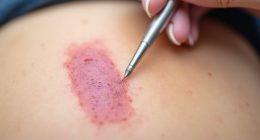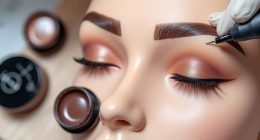Permanent makeup certification varies dramatically by state. No uniform standards exist. Some states demand full cosmetology licenses, others have separate requirements. Expect at least 100 hours of training in anatomy, color theory, and technique. California requires 300 hours plus bloodborne pathogen training. The investment is substantial—quality equipment isn't cheap. Career opportunities range from spas to medical facilities, with earnings between $50,000-$80,000 annually. The profession demands continuous learning—mistakes here are literally permanent.
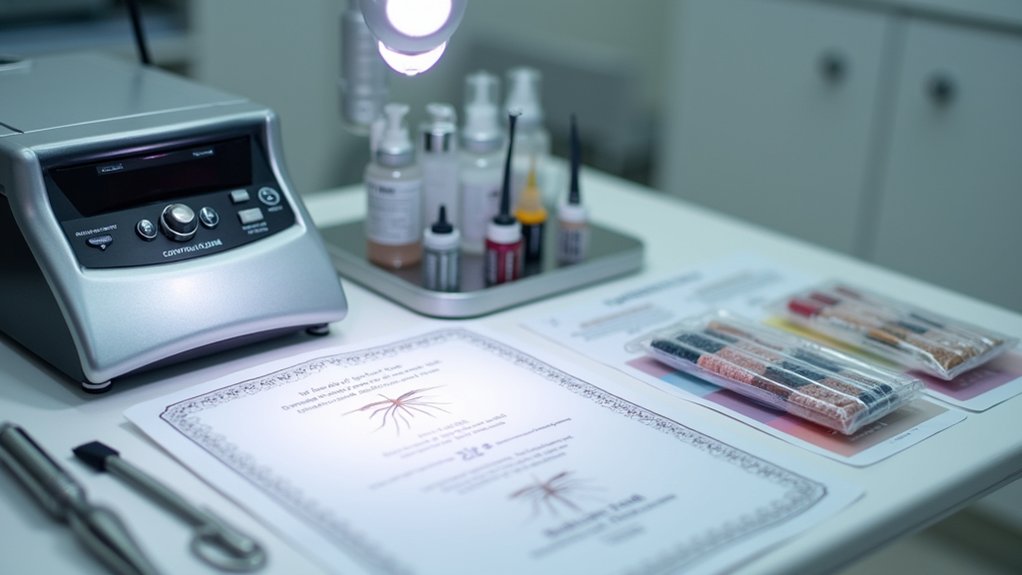
The journey to becoming a permanent makeup artist isn't for the faint of heart. It demands dedication, artistic skill, and a thorough understanding of both beauty techniques and health protocols. The certification process varies wildly depending on where you live. State regulations can be a maze of requirements—some demanding a full cosmetology license while others have separate permanent makeup licensing structures. No uniformity here, folks. Just a patchwork of rules that practitioners must navigate before they can legally wield their tools.
Becoming a permanent makeup artist isn't just a career choice—it's navigating a labyrinth of regulations with steady hands and unwavering dedication.
Training is intense. Over 100 hours of coursework awaits aspiring artists. They'll plunge into anatomy, color theory, and technique—essential knowledge before anyone should come near a human face with pigment. In California specifically, professionals must complete a 300 hour program along with bloodborne pathogen training to meet state requirements.
Students practice first on artificial skin. Thank goodness. Then they graduate to live models who are either very brave or very desperate for free services. The learning curve is steep, and mistakes are permanent. Literally.
The equipment isn't cheap, either. High-quality permanent makeup machines, sterile needles, and professional-grade pigments form just the beginning of a substantial investment.
Add proper sanitization tools and mapping instruments to the list. This isn't a profession you can start with a DIY kit from the internet. Shocking, right?
Industry organizations like the Society of Permanent Cosmetic Professionals and American Academy of Micropigmentation establish standards and provide resources. They're the grown-ups in the room, ensuring practitioners don't go rogue with their needles and pigments.
These organizations offer additional certifications that boost credibility. They're worth joining, if only for the networking opportunities. Membership requires yearly fees and meeting certain prerequisites, but provides access to valuable continuing education opportunities.
Career options extend beyond the traditional salon setting. Practitioners work in spas, medical facilities, or strike out on their own. The brave ones teach others. Many successful artists develop specialties in procedures like microblading techniques that can set them apart in this competitive field.
Income averages between $50,000 and $80,000 annually. Not bad for drawing on people's faces all day.
Professional development never stops. Techniques evolve. New procedures emerge. Regulations change. The learning continues through workshops, conferences, and specialized training.
Those who refuse to grow become dinosaurs quickly in this industry.
The path to certification requires determination, patience, and financial investment. But for those with artistic talent and steady hands, it offers a creative career that transforms lives—one eyebrow at a time.
Frequently Asked Questions
Is Permanent Makeup Certification Valid Internationally?
Permanent makeup certification isn't universally valid internationally. That's just reality.
Different countries have their own regulations—some strict, others surprisingly lax. Certification recognition varies wildly depending on where you go. What works in Paris might be useless in Tokyo.
Professional organizations offer some globally accepted credentials, but there's no magical one-size-fits-all certificate. Many practitioners find themselves jumping through additional hoops when crossing borders.
The beauty industry isn't exactly known for its streamlined international standards.
What Is the Average Cost of a Certification Course?
Permanent makeup certification courses aren't cheap. Period. The average cost ranges from $3,500 to $7,500, but there's plenty of variation.
Basic programs? Around $2,500. Want something fancy and thorough? Be ready to shell out up to $10,000.
Online options offer cost comparison benefits at $1,000-$3,000. Microblading-specific training averages $2,000-$4,000.
Location matters too—big city certification course benefits come with big city price tags. Funny how beauty has such an expensive entry fee.
How Often Must Permanent Makeup Certifications Be Renewed?
Permanent makeup certification validity isn't permanent, ironically. Renewal frequency varies wildly by state—some demanding annual proof you haven't forgotten everything, others generously giving you two years.
Most states align renewal dates with your initial certification. One-size-fits-all? Hardly. It's a patchwork system that keeps practitioners on their toes.
You'll need continuing education hours, fees paid, and current bloodborne pathogen certification to stay legit. Miss a renewal? Good luck practicing legally after that.
Can I Specialize in Specific Permanent Makeup Techniques?
Absolutely. Specializing in permanent makeup is common—and smart.
Artists can focus on eyebrow tattooing, lip blush, or other techniques that match their strengths. Makes sense, right? Some techniques require different skill sets. Steady hands for eyeliner, color theory mastery for lip work.
Specialization lets artists perfect one technique instead of being mediocre at several. Better results, higher prices. Plus, clients prefer experts. Nobody wants their face to be someone's "practice round."
Are There Age Requirements for Permanent Makeup Certification?
Age restrictions for permanent makeup certification? Absolutely. Most states require at least 18 years, period.
But some places like Arkansas and Oklahoma? They want you 21 or older. No exceptions.
The certification process varies wildly depending on where you live—state laws, county rules, even insurance companies have their say.
Need proof of age too. Government ID required. High school diploma often necessary regardless.
Some places even want parental consent for the barely-legal crowd. Location matters. A lot.
